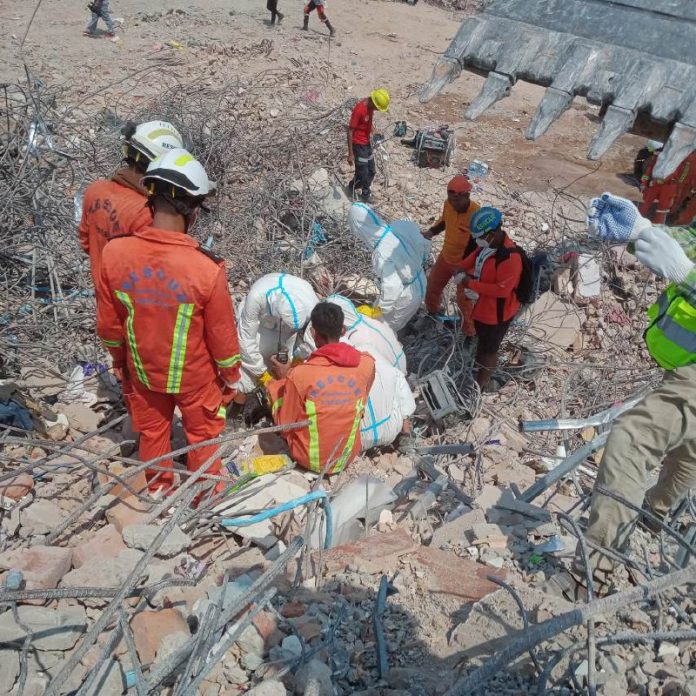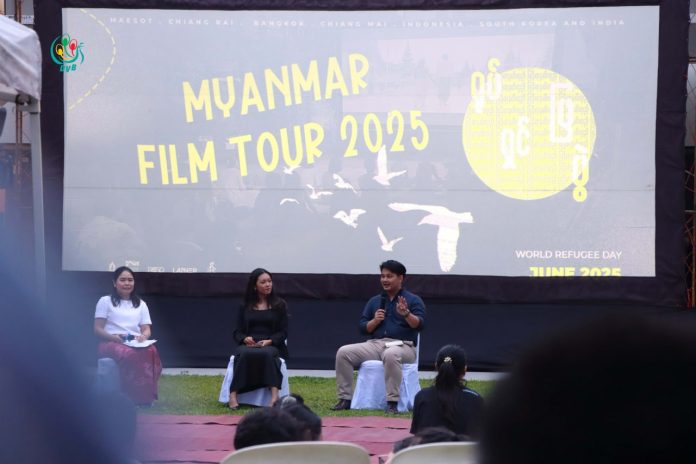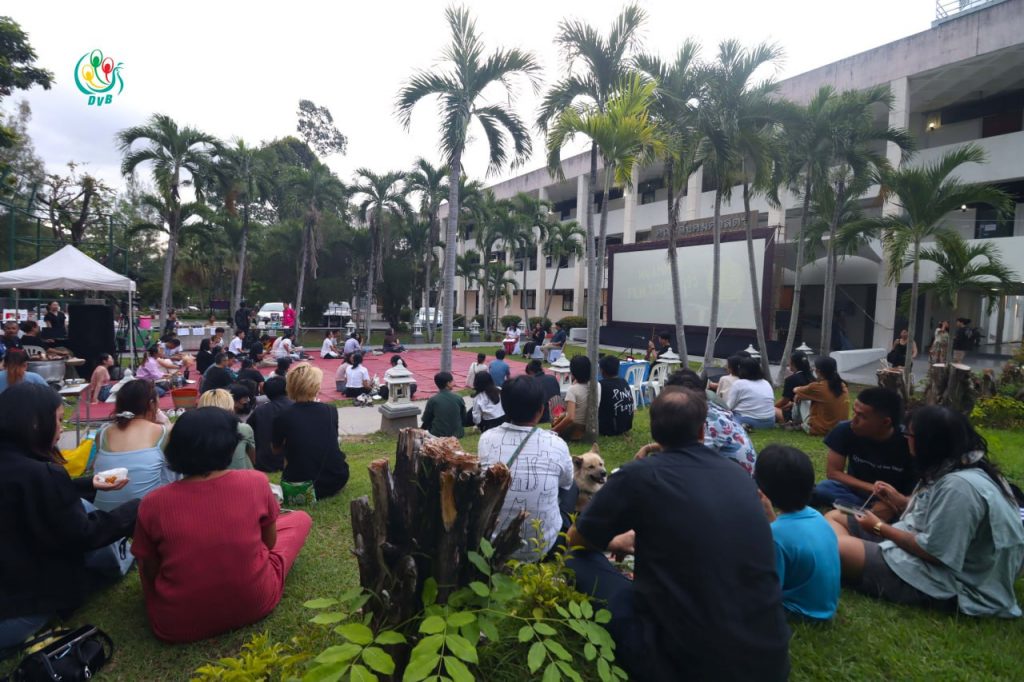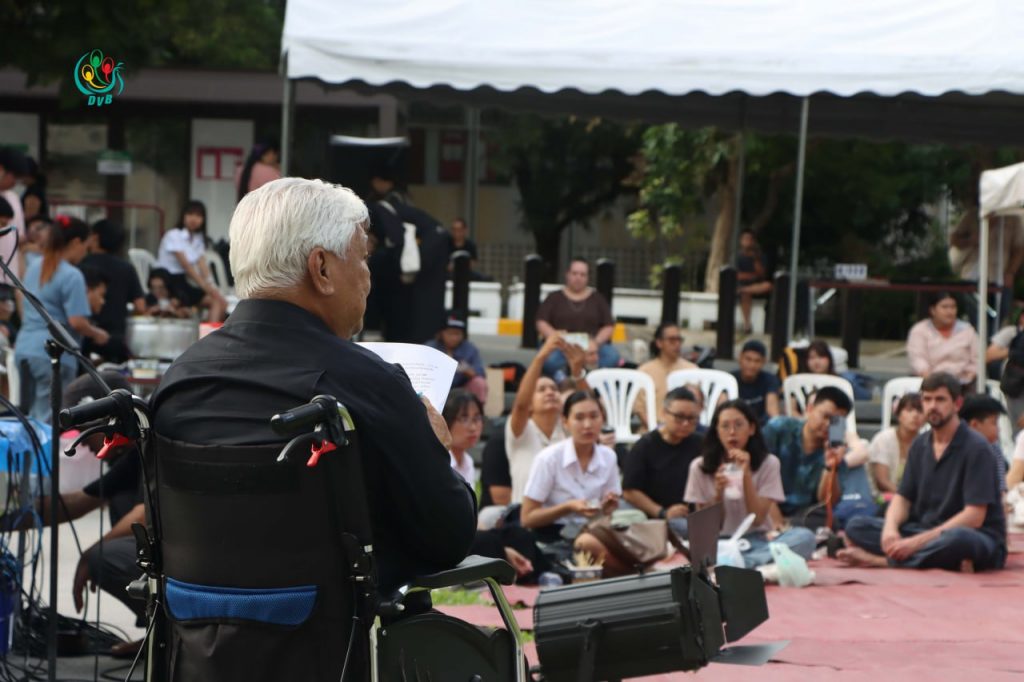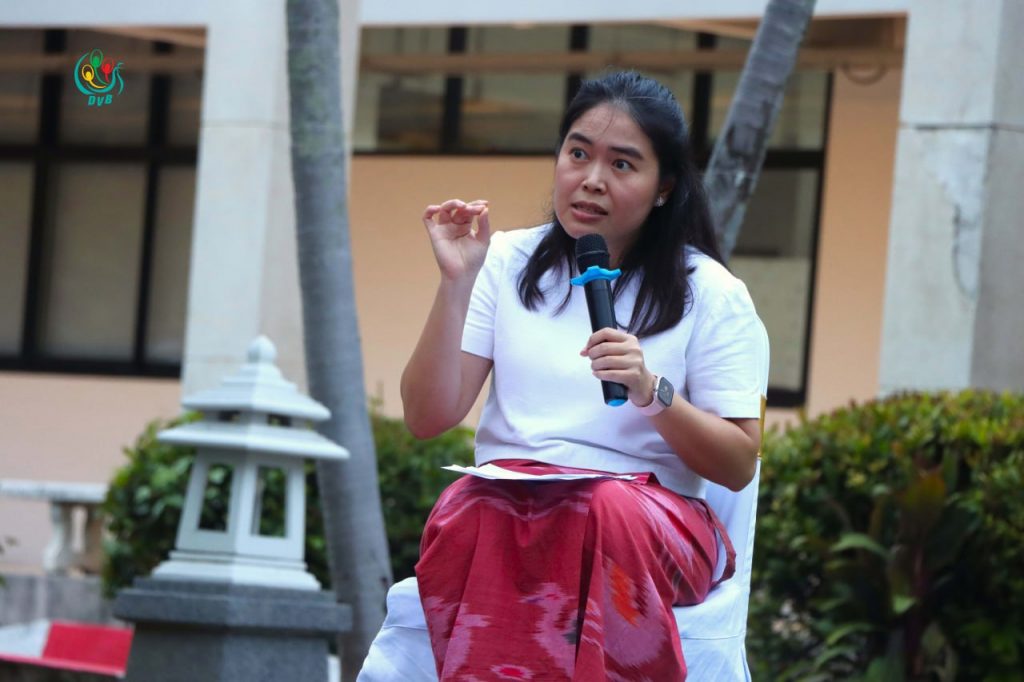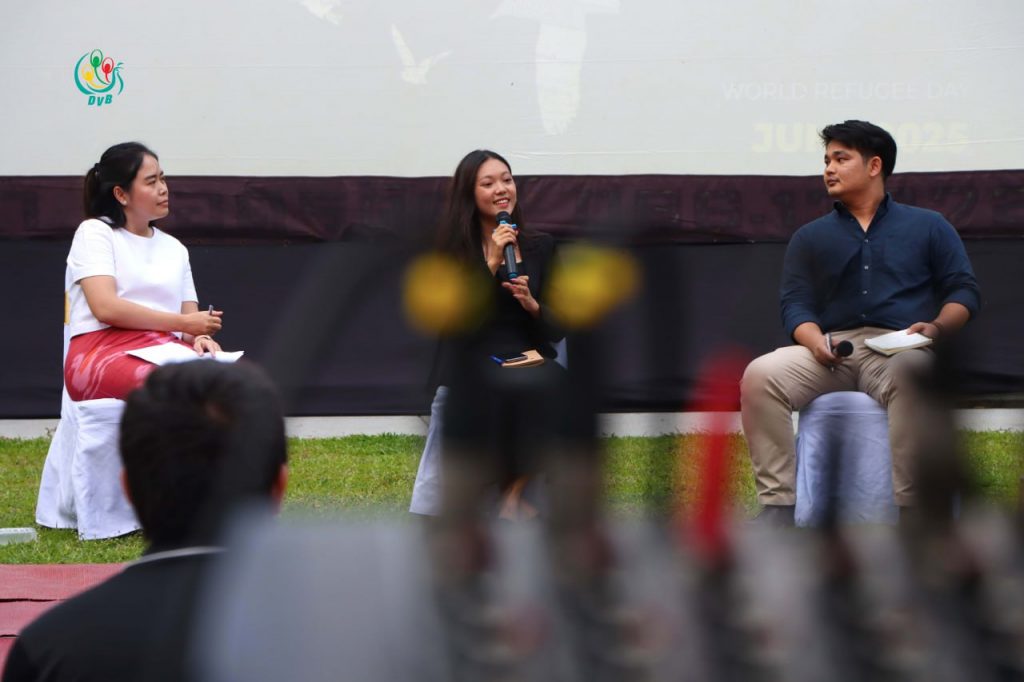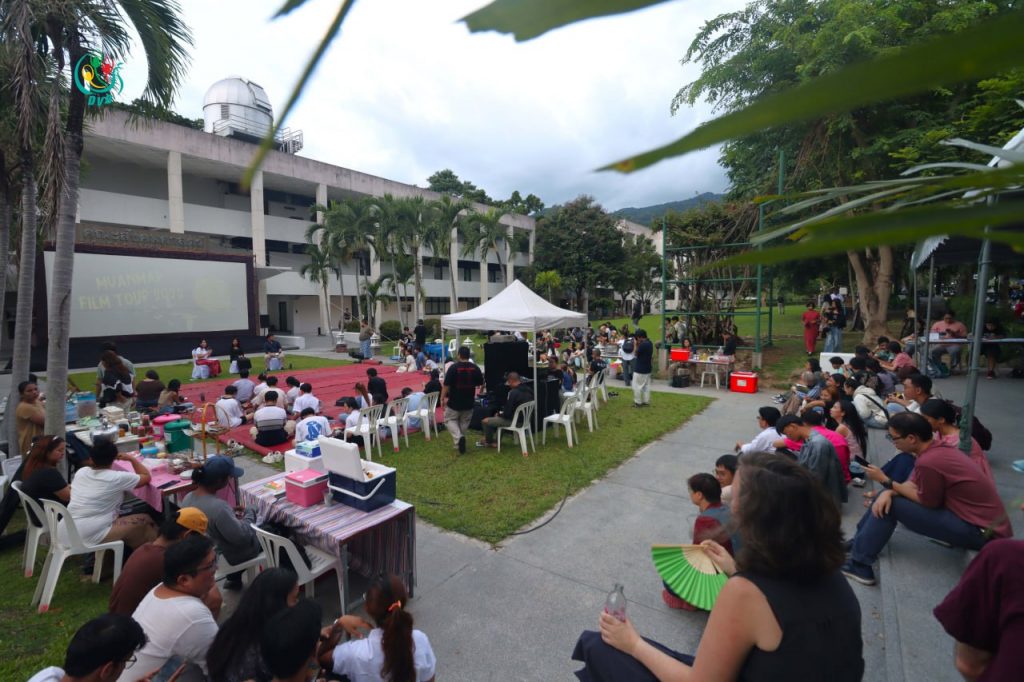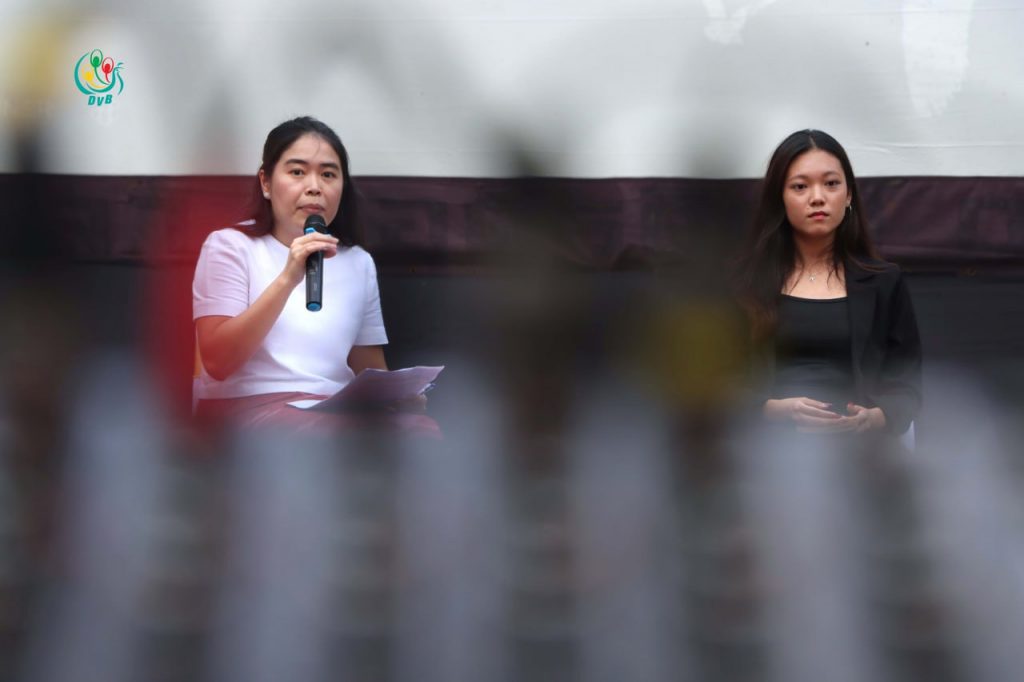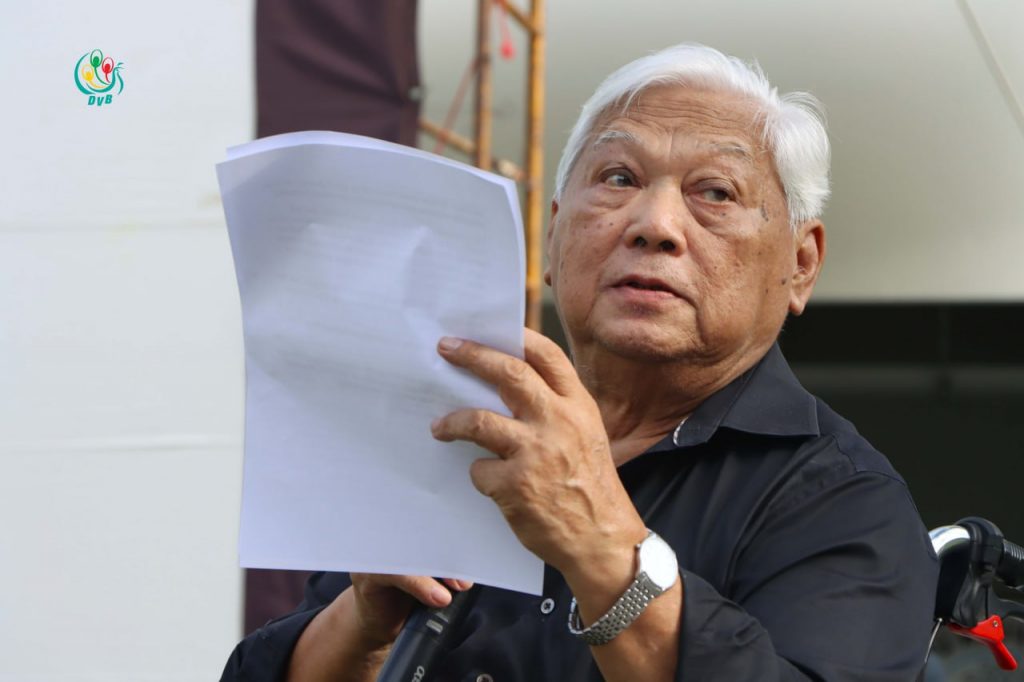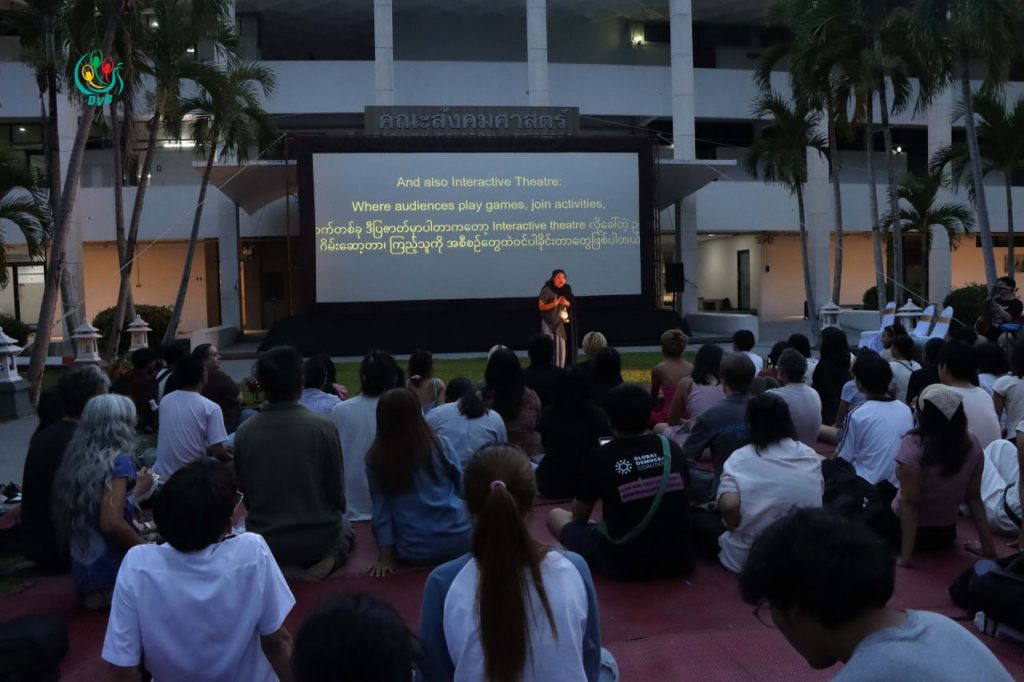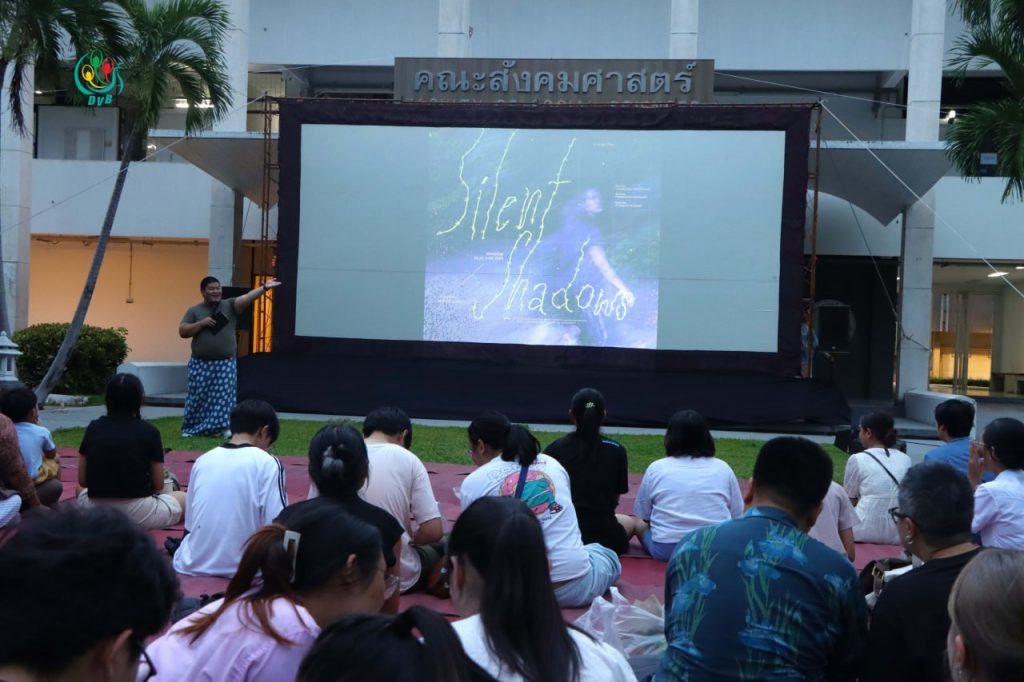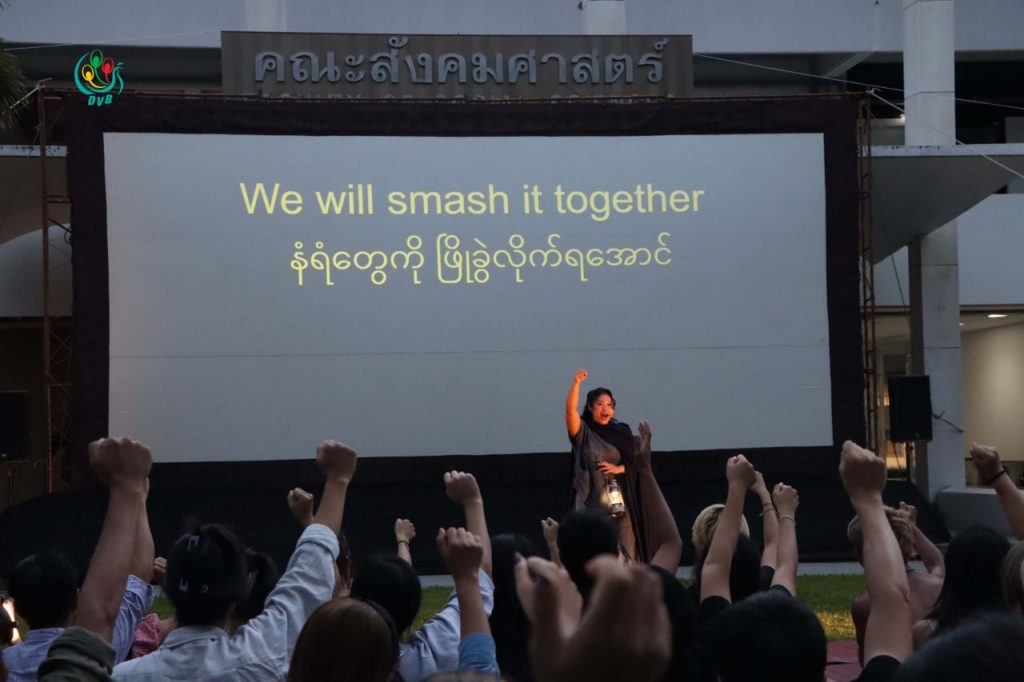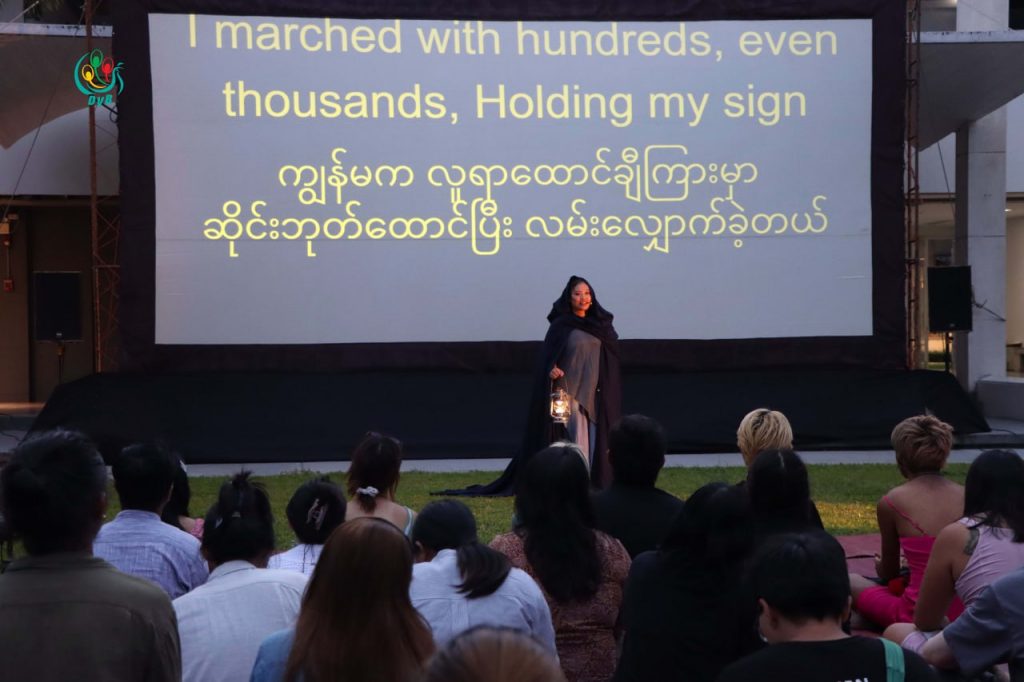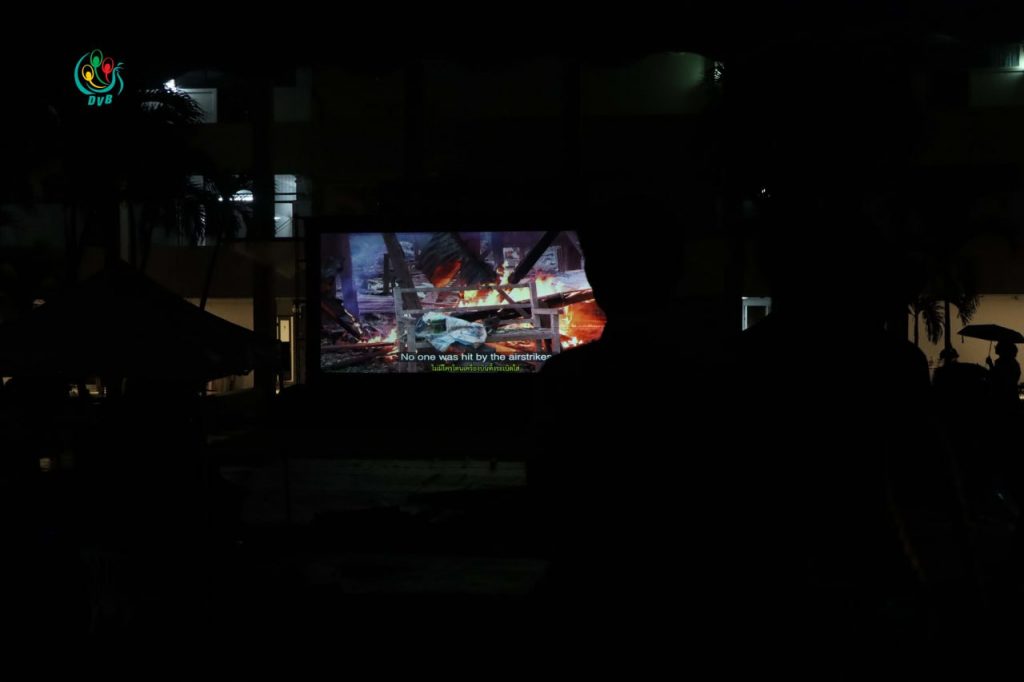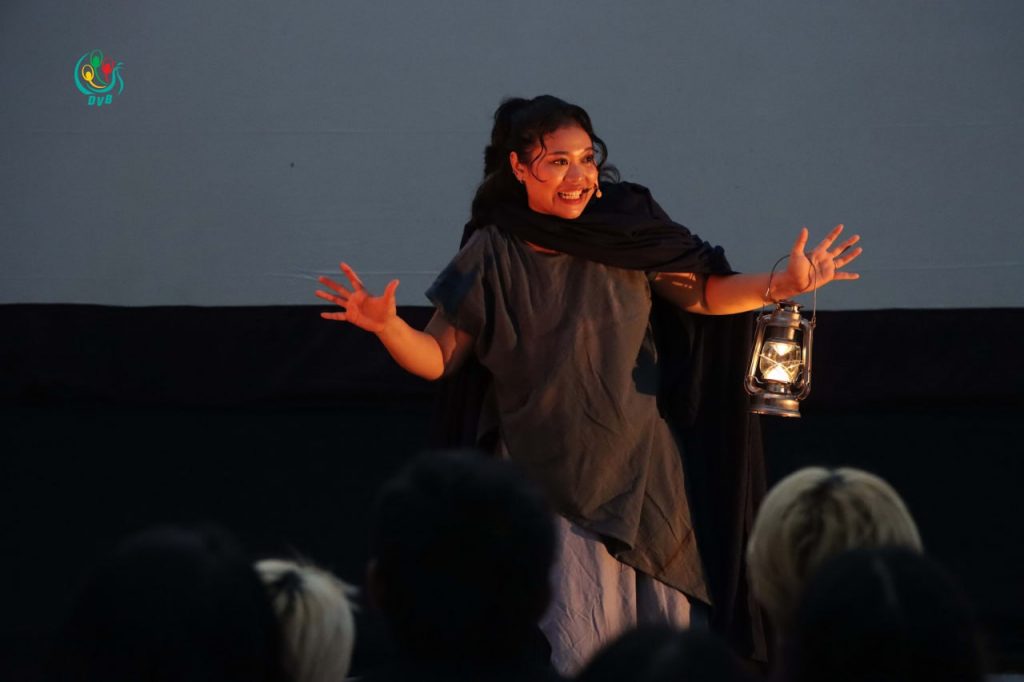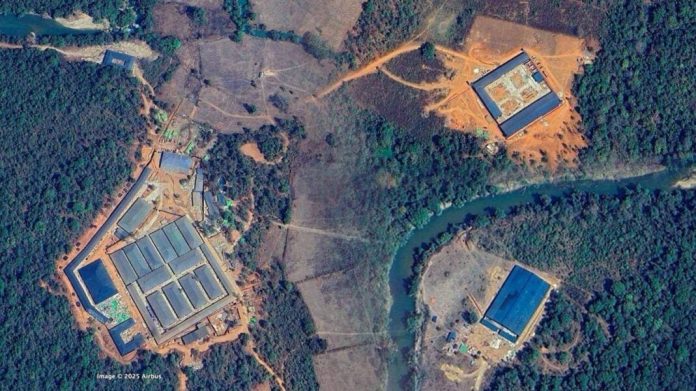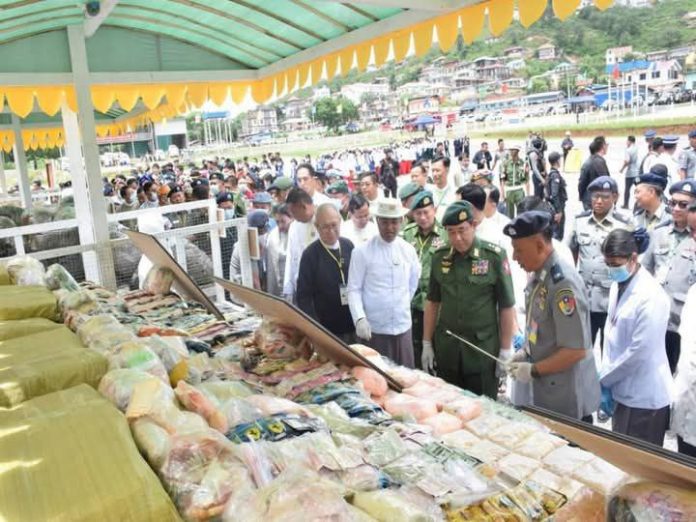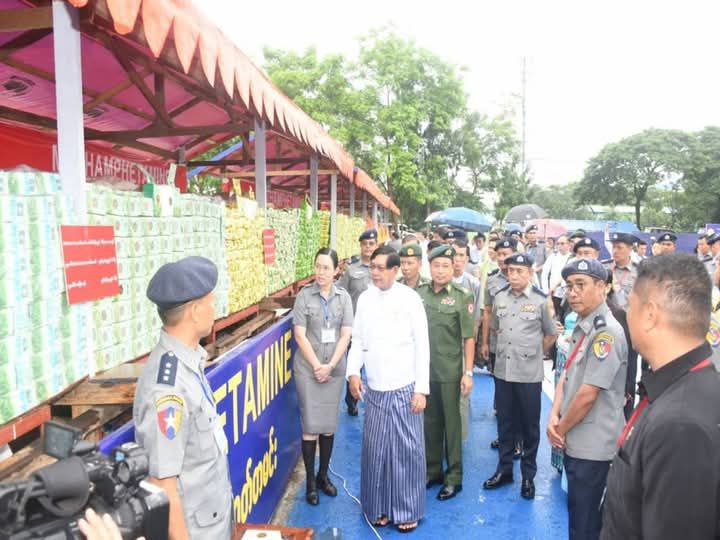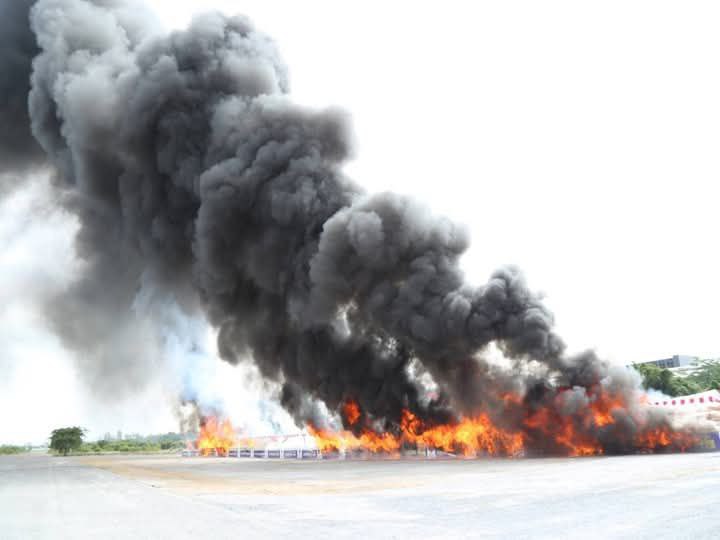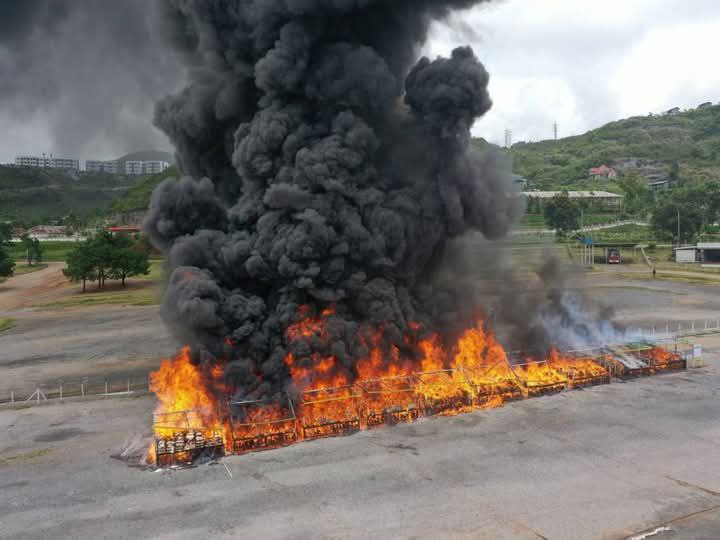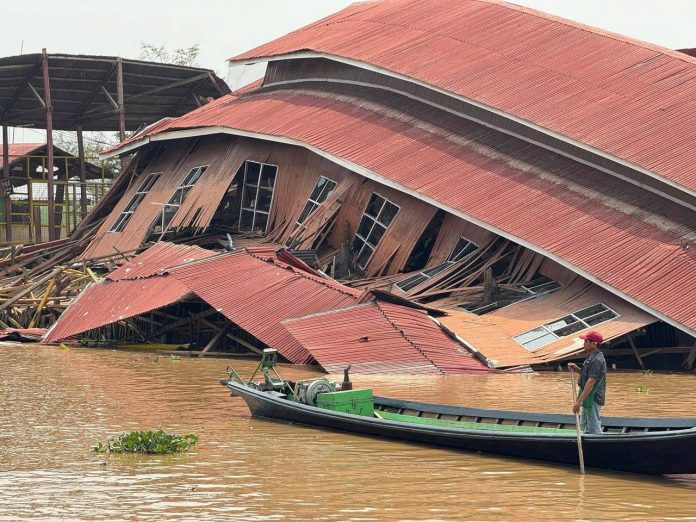Three months after a 7.7-magnitude earthquake struck central Myanmar on March 28, and 6.3 million people, or 11.5 percent of the population, are in urgent need of humanitarian assistance and protection, according to the U.N.
“It’s heartbreaking to see people struggling to rebuild their lives after the earthquake. We cannot forget that this has further disrupted the lives of people who are already deeply affected by the ongoing armed conflict,” said Arnaud de Baecque, the head of delegation in Yangon for the International Committee of the Red Cross (ICRC), in a statement on June 27.
The March 28 earthquake left a trail of devastation across six states and regions, including the quake epicenter of Sagaing, as well as Mandalay, Magway, Bago, Naypyidaw, and southern Shan.
The regime’s Department of Meteorology and Hydrology has recorded more than 115 aftershocks over the last 90 days. An aftershock with a magnitude of 4.3 struck on Saturday, with an epicenter 25 kilometers east of Mandalay, according to the department.
At least 4,520 were killed and 11,366 were injured by the quake, according to DVB data. The U.N., citing regime data, states that nearly 4,000 people were killed with over 5,000 injured on March 28.
The regime claimed that the Myanmar Fire Services Department, along with local and international search and rescue teams, have rescued 653 survivors and have recovered 846 bodies from collapsed buildings to date.
The U.N. human rights chief Volker Türk told the Human Rights Council on Friday that Myanmar is “spiraling deeper into [a] humanitarian catastrophe.” He warned that escalating regime attacks and collapsing international support are pushing millions toward starvation and despair.
Nearly 22 million people in Myanmar, about 40 percent of the total population, are now in need of assistance across the country with over 3.5 million displaced from their homes, recognized as Internally Displaced Persons (IDPs), according to the U.N.
Post-quake ceasefires were declared on April 2 by the regime and on March 30 by the Brotherhood Alliance, which comprises the Arakan Army (AA), the Myanmar National Democratic Alliance Army (MNDAA), and Ta’ang National Liberation Army (TNLA).
Both sides have repeatedly extended their temporary ceasefires until June 30 with no reports of further extensions. But fighting has continued between regime forces and the TNLA in northern Shan State and Mandalay Region, as well as in Arakan State with the AA.
At least 608 people have been killed in 982 regime attacks since March 28 with 842 attacks, or 90 percent, carried out since the April 2 regime ceasefire first began.
The National Unity Government (NUG) stated on June 2 that it had provided 5,507,632,230 MMK ($1,199,920 USD) in assistance for 19,588 households in five of the hardest hit regions, including Sagaing, Naypyidaw, Mandalay, Magway, and southern Shan.
Min Aung Hlaing told a donation ceremony in Naypyidaw on May 29 that his regime had received a total of around $60 million USD in donations for earthquake relief. But his regime has been accused of “weaponizing” aid by distributing humanitarian assistance only to areas under its control.
A BBC World Service investigation in December found that less than a quarter of Myanmar’s territory is under regime control. The rest of the country is under the control of various armed groups, some of which support the regime, while others resist the 2021 military takeover by engaging in conflict.
The Asian Development Bank (ADB) announced on Saturday that it will distribute a $100 million USD aid package to deliver food, water, shelter, and medical care, as well as long-term recovery. This follows an earlier $3 million USD emergency grant immediately after the quake.
“[This is] ADB’s largest grant for the people of Myanmar, also supporting long-term livelihoods, jobs, and community resilience,” said Masato Kanda, the ADB President.
The ADB aid package, to be distributed via U.N. agencies, will include livelihood training and funding for trauma counselling and support for climate adaptation efforts to help communities “build back better.”
Despite recent pledge, the ICRC warns that “the scale of needs is beyond what any single organization can address,” especially as the monsoon season brings increased health risks due to the scale of displacement nationwide.
“The world cannot look away. The international community must step up their support,” added Arnaud de Baecque in the ICRC press statement.
The U.N., along with civil society groups in Myanmar, continues to request increased funding from the international community, unrestricted humanitarian access from the regime, and for an end to violence among all parties to the conflict.
“We owe it to the people of Myanmar to make that hope [for a better future in Myanmar] a reality,” said Türk, the U.N. High Commissioner for Human Rights.


